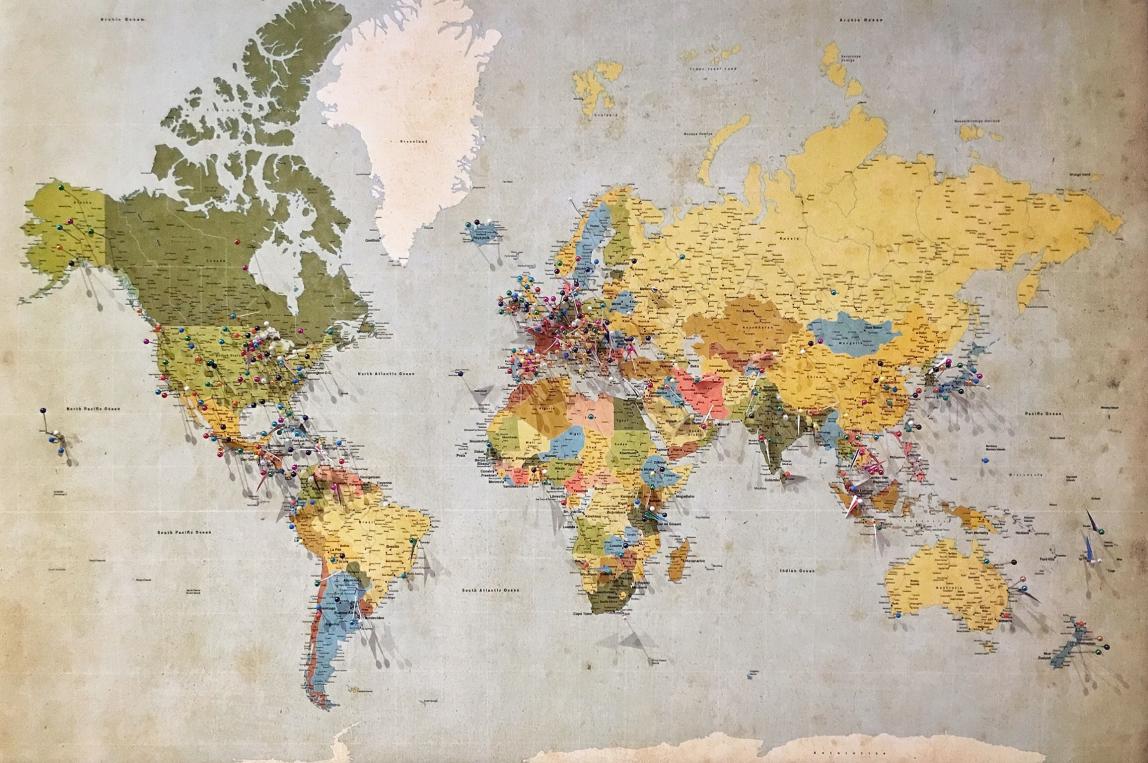
World Leisure Organization on the Future of Leisure
02/29/2024 - 09:23
- Uncover
Authors:
John Tower, Victoria University (Australia), Co-chair WL SIG Leisure Management
Lisa Mische-Lawson, University of Kansas Medical Center (USA), Chair WL SIG Diversity, Access and Inclusion
Marie Young, University of the Western Cape (South Africa), Co-chair WL SIG Leisure and Education (South Africa)
Marc-André Lavigne, Université du Québec à Trois Rivière UQTR (Canada), WLCE UQTR representative
Aggie Weighill, Vancouver Island University VIU (Canada), WLCE VIU representative
What is your position and how do you view the value of leisure from this perspective?
Leisure is priceless and contributes significantly to our quality of life. However, in some cases, leisure is not considered important and is not fully appreciated. Yet it provides space to enhance social connections, mental and physical health, and community engagement. In this regard, leisure has the ability to build bridges between different demographic and cultural groups.
From an academic health perspective, leisure is a tool for clinical, educational and research work with potential to improve health across the lifespan. For example, recreational therapy utilises recreation preferences in the rehabilitation process to help people resume or develop new healthy leisure lifestyles.
Leisure stands at a crossroads as the significance attributed to work and the increasingly blurred lines between work and leisure force us to reassess our perspective. The quality of the time we have is often lacking, and we risk neglecting one of its purposes: a domain for individual growth and high-quality moments that liberate us from the constraints of daily life.
What is the biggest challenge the world is facing?
Today's world and humanity itself are divided and we face a number of challenges that leisure has potential to address. One of the most notable is the climate emergency and the neo-liberal and late capitalistic policies, which include economic policies and agendas that privilege wealth attainment, consumerism, and growth models of development. These systems also devalue political and civic engagement as well as public discourse. This situation ultimately results in an inability to collaborate to solve shared problems.
The inequality in access to the resources of our society is a pervasive problem that is often considered global, yet also evident within our own communities. Leisure experiences should be accessible to all, regardless of income, gender, age, and physical capacities.
Focusing on the current context, poverty, war and fast-changing technology (as in the case of the advancement of AI) is also important for leisure professionals to keep pace with people’s leisure needs.
In your opinion, how can the leisure sector respond appropriately to the challenges the world is facing?
Leisure should be a vehicle for helping to change humanity and it should also be focused on the rights of humans to enjoy themselves without consideration for the potential of other offerings. This aforementioned change could be made possible by reaching out to kindred associations and leaders to collaborate.
Leisure professionals can respond to challenges by offering diverse, inclusive, and accessible programming. If leisure is seen and experienced beyond opportunities for physical activity and connections to nature, it becomes a social-political phenomenon.
Leisure could also serve as a tool to educate people on how to become entrepreneurs and become self-sustainable alleviating poverty. Moreover, leisure education can inform people about new leisure trends and how AI can be used to enhance leisure experiences.
Do you see an innovative example that inspires or can trigger a new direction in the leisure sector?
Leisure is an innovative sector of industry with potential to continue pushing boundaries of innovation. For example, Esports, which create virtual connections through gaming, have opened up new revenue streams and sponsorship opportunities while creating a new ecosystem of job opportunities. Regarding leisure and innovation, virtual tourism, global events, outreach programmes, global webinars and hybrid events also facilitated crucial connections during a global pandemic and have continued as avenues to address diverse accessibility needs.
Providing inclusive leisure experiences is a potentially innovative way to address global challenges identified by leisure professionals. Community-based initiatives facilitate resource sharing and break down barriers, including free borrowing programmes for recreational items similar to Sweden's 'Fritidsbanken,' inclusive planning processes for LGBTQ+ citizens, and innovative equipment that enables individuals with disabilities to access pools and engage in outdoor activities.
Other examples of innovative programmes we have include Ultimate Peace and Ultimate Spirit, which bring together youth. Programmes such as these can help to address the divisive and individualistic nature of capitalistic societies.
More information
https://www.ultimatepeace.org/
https://bcultimate.ca/ultimate-spirit/
This article has been published in Uncover Magazine - Future of Leisure.